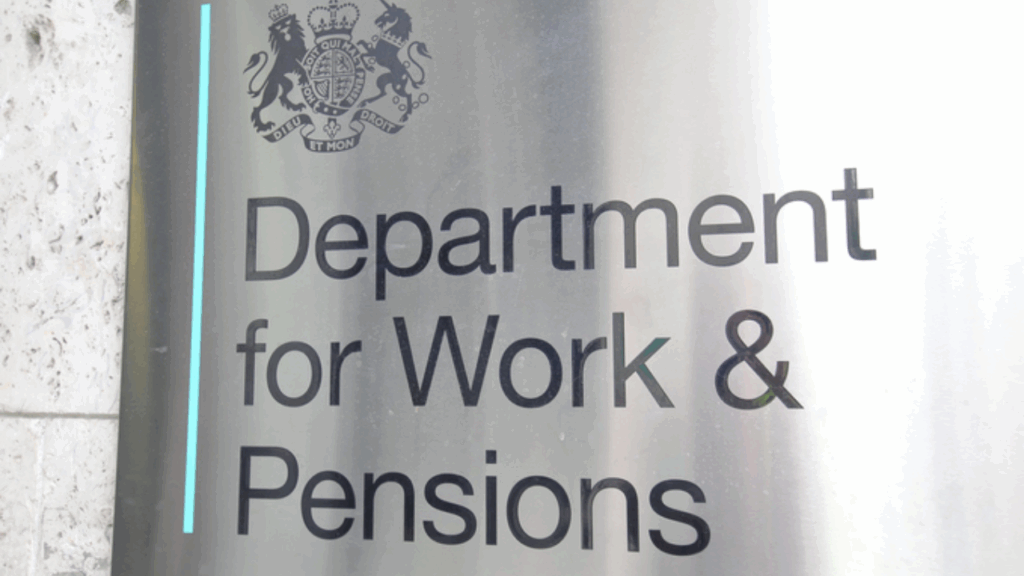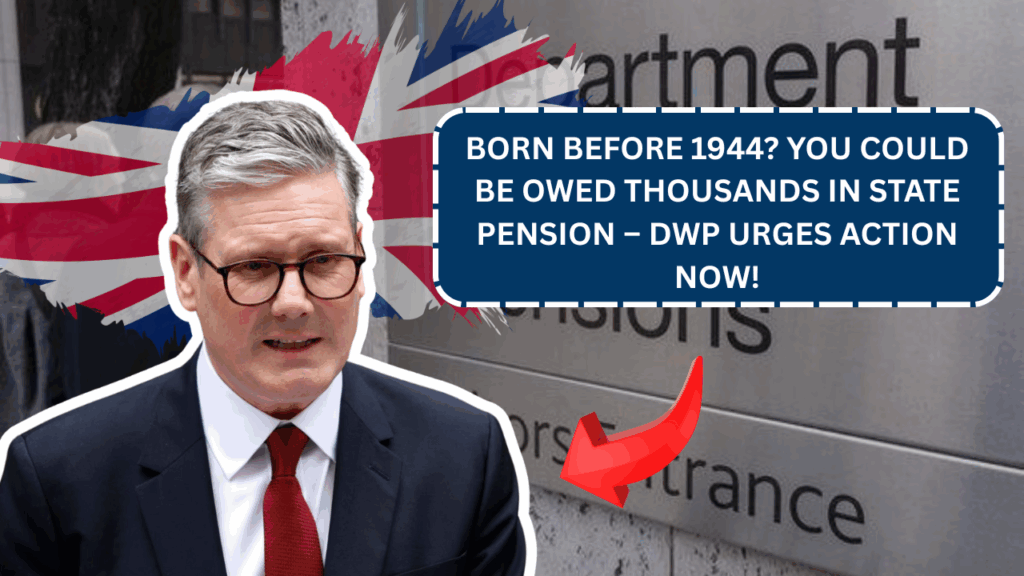Thousands of elderly UK citizens particularly women born before 1944 may be owed thousands of pounds in unpaid state pension due to administrative errors that went unnoticed for decades. The Department for Work and Pensions (DWP) has acknowledged the issue and is now actively reviewing and correcting these underpayments, with over £800 million already paid out and more on the way.
What Went Wrong?
The root cause of the issue lies in how Home Responsibilities Protection (HRP) was handled for parents, especially mothers, who were claiming Child Benefit before 2000. Many of these individuals did not have their National Insurance (NI) numbers correctly recorded on their Child Benefit claims.
As a result, their National Insurance records used to calculate their State Pension had gaps that falsely reduced or completely erased their pension entitlement. While this issue primarily affected mothers, some widows, widowers, and people over 80 have also been impacted.
In a statement, the DWP said it is working closely with HM Revenue and Customs (HMRC) to correct these mistakes and ensure those affected get what they’re owed.
Who Is Affected?
The DWP has outlined the main groups impacted by these errors:
- Married women who did not receive a pension increase when their husbands retired.
- Widows and widowers whose pensions were not updated after the death of a spouse.
- Individuals over age 80 who did not receive the correct uplift in their basic State Pension.
- Parents (mainly mothers) who claimed Child Benefit between 1978 and 2000 but whose National Insurance numbers weren’t recorded.
Many of the affected individuals were completely unaware that their pension entitlements were lower than they should have been. The discovery has led to a national push to review records and deliver owed payments.
How Much Money Is Involved?
So far, the government has repaid over £800 million to more than 130,000 people, and it’s estimated that total repayments could exceed £1 billion by the time the correction process is complete. Some individuals have received back payments of £20,000 or more, covering years sometimes decades of missed pension income.
According to government records, this review process will continue until at least March 2027, as more pensioners are identified for review. The pace of progress has been criticised by some MPs and campaigners who argue that many pensioners are not being contacted quickly enough.
What You Should Do if You Were Born Before 1944
If you believe you may be one of the thousands affected, there are several steps you can take to verify your eligibility and possibly claim a back payment:
- Check Your National Insurance Record
You can review your NI contributions through the official government portal. If there are unexpected gaps, especially during years you were receiving Child Benefit, you may be affected. - Submit a CF411 Form
For those who believe they were wrongly denied HRP credits, the DWP has a CF411 form which can be filled out to request a review of your NI record. - Call the Pension Service
For immediate assistance, contact the Pension Service directly at 0800 731 0469. Their team can help determine if you’re likely to have been underpaid and guide you through the claims process.

Government Response and Future Action
The DWP has committed to proactively contacting people who are known to have been affected, but this approach may still miss many eligible individuals—especially those whose records were lost or incorrectly filed.
To address this, the government is encouraging all potentially affected pensioners to come forward voluntarily and verify their information.
According to a recent statement by the Work and Pensions Committee, the correction process must be accelerated to ensure that no one else misses out due to administrative delay. Many pensioners affected by this error are now in their 80s or 90s, and time is of the essence.
A Matter of Justice
Campaigners say this is not just about financial compensation—it’s about fairness and dignity for those who paid into the system and raised families, only to be short-changed in retirement. Women, in particular, are disproportionately affected, as they were more likely to leave the workforce or take lower-paying jobs to care for children, making the HRP credits vital to their pension security.
“These women did everything right. They raised children, they claimed Child Benefit, and they were promised protection. But they never received it,” said Sir Steve Webb, former pensions minister and a leading voice in uncovering the error.
Conclusion
If you were born before 1944 or know someone who was, now is the time to act. With billions still potentially owed and the government admitting fault, checking your records could result in a life-changing payment. The correction program is ongoing, but it’s up to individuals to ensure they aren’t overlooked.





